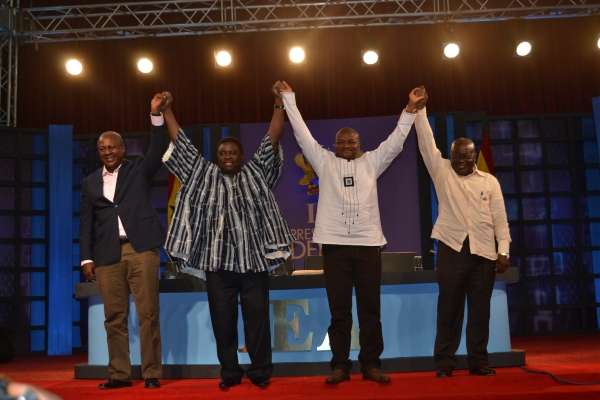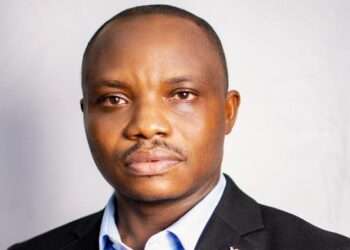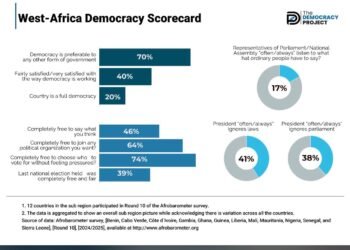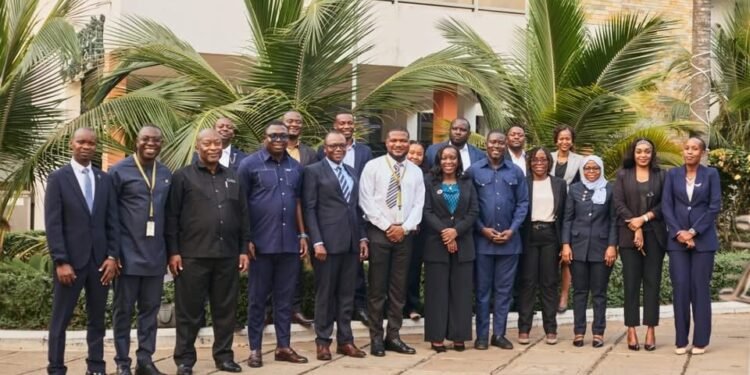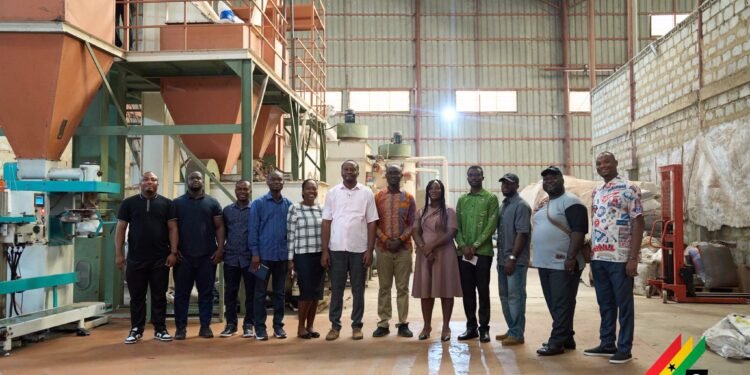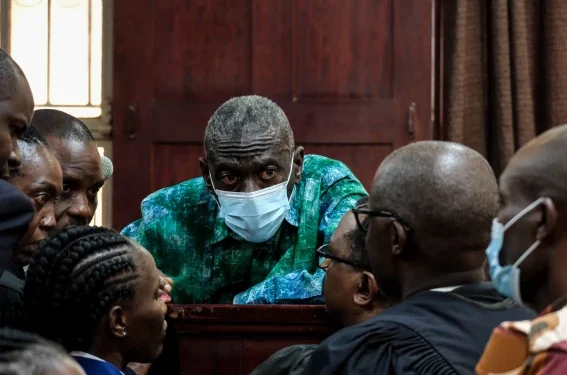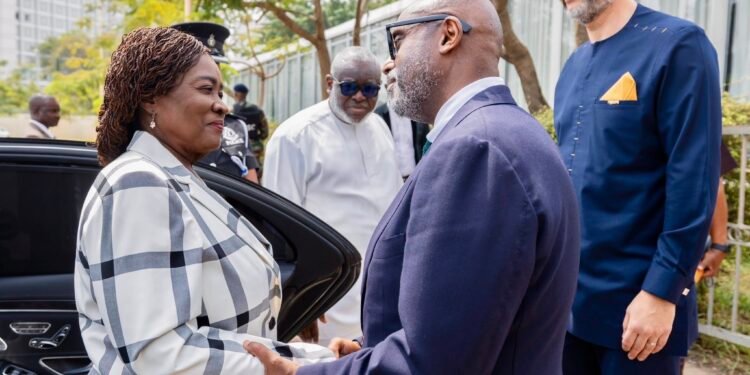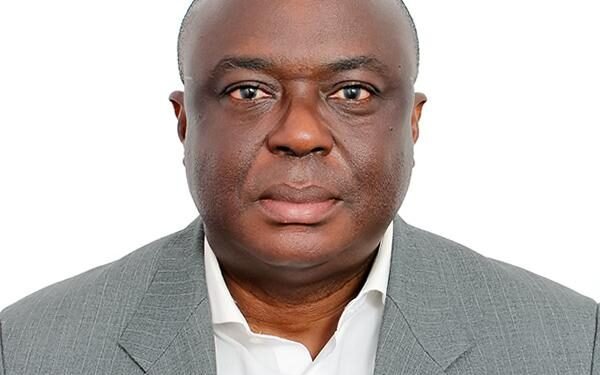Presidential debates have become a cornerstone of modern political campaigns, offering a unique opportunity for candidates to engage in a public discourse on their vision, policies, and leadership abilities.
However, despite their potential benefits, presidential debates also have several drawbacks that can undermine their intended purpose.
A key concern is that debates frequently favor brief, memorable statements over in-depth, meaningful discussions.
Candidates may focus on crafting memorable phrases and zingers rather than engaging in meaningful discussions about complex policy issues.
This approach can lead to oversimplification and a lack of depth in the conversation, failing to provide voters with a comprehensive understanding of the candidates’ positions.
Another concern is that debates can become more about theatrics than policy as candidates may prioritize their appearance, body language, and tone over the actual content of their answers.
This can result in a focus on style over substance, where voters are more influenced by a candidate’s performance than their policy proposals.
Furthermore, debates can be plagued by uninformative answers, where candidates evade direct questions or provide vague responses.
This can be frustrating for voters seeking clear and concise information about a candidate’s stance on critical issues.
Moderator bias is another potential issue, where the debate moderator may ask leading questions or favor certain candidates.
This can create an uneven playing field, where some candidates are given more opportunities to shine than others.
Accordingly, Professor Kwaku Asare Azar suggests replacing traditional debates with simulated problem-solving sessions.
He indicated that in these sessions, presidential and vice-presidential candidates are presented with ten complex challenges to address within a one-hour time frame.
“Presidential debates have devolved into platforms for reciting rehearsed lines, offering little insight into a candidate’s problem-solving abilities. Presidents are elected to solve problems, and it is more beneficial to assess their problem-solving skills directly”.
Kwaku Asare
According to Kwaku Asare, the simulated sessions would allow participants a designated time to reconvene and present their proposed solutions.
This, he indicated, will provide a more comprehensive and thoughtful approach to problem-solving.
Major Party Dominance Stifles Diverse Perspectives

Moreover, Presidential debates often only feature major party candidates, excluding smaller party or independent candidates from the conversation.
This can limit the range of perspectives and ideas presented, potentially leaving voters without a full understanding of the options available.
The time constraints of debates can also lead to oversimplification, as candidates are forced to condense complex policy discussions into brief responses.
This can result in a lack of nuance and depth in the conversation.
In addition, debates can devolve into personal attacks, where candidates focus more on disparaging their opponents than discussing their own policies.
This can create a toxic atmosphere, undermining the intended purpose of the debate.
The emphasis on optics can also be a concern, where candidates’ appearances, body language, and tone receive more attention than their policies.
More so, debates may not always feature real-time fact-checking, potentially allowing candidates to spread misinformation without accountability.
This can be detrimental to voters, who may be misled by false or misleading claims.
Kwaku Asare suggested that the simulated sessions would feature a standardized format for each question to avoid biases.
He noted that the session will consist of a 5-minute answer presentation by the responding team, followed by a 3-minute critique and feedback from the opposing team
“This simulation will take 140 minutes for 2 teams. If more than 2 teams are required the timing can be adjusted but in no event shall the number of participants exceed 3 teams and the duration exceed 3 hours”.
Kwaku Asare
While presidential debates offer a unique opportunity for candidates to engage in public discourse, they also have several drawbacks that can undermine their intended purpose.
By acknowledging these concerns, debate organizers and moderators can work to create a more informative and substantive conversation, providing voters with a better understanding of the candidates and their policies.
READ ALSO: UK and US Legislators to Collaborate on Politician Security Post-Trump Assassination Attempt

